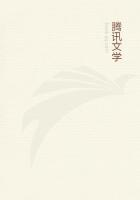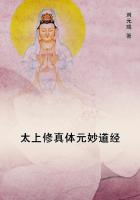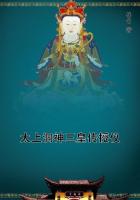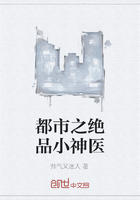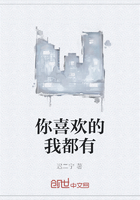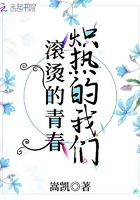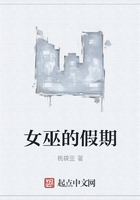Once committed to my undertaking, there was no turning back. It is true that I had said I might stop at any moment, but after one or two numbers it seemed as if there were an informal pledge to carry the series on, as in former cases, until I had completed my dozen instalments.
Writers and speakers have their idiosyncrasies, their habits, their tricks, if you had rather call them so, as to their ways of writing and speaking. There is a very old and familiar story, accompanied by a feeble jest, which most of my readers may probably enough have met with in Joe Miller or elsewhere. It is that of a lawyer who could never make an argument without having a piece of thread to work upon with his fingers while he was pleading. Some one stole it from him one day, and he could not get on at all with his speech,--he had lost the thread of his discourse, as the story had it. Now this is what I myself once saw. It was at a meeting where certain grave matters were debated in an assembly of professional men. A speaker, whom I never heard before or since, got up and made a long and forcible argument. I do not think he was a lawyer, but he spoke as if he had been trained to talk to juries. He held a long string in one hand, which he drew through the other band incessantly, as he spoke, just as a shoe maker performs the motion of waxing his thread. He appeared to be dependent on this motion. The physiological significance of the fact I suppose to be that the flow of what we call the nervous current from the thinking centre to the organs of speech was rendered freer and easier by the establishment of a simultaneous collateral nervous current to the set of muscles concerned in the action I have described.
I do not use a string to help me write or speak, but I must have its equivalent. I must have my paper and pen or pencil before me to set my thoughts flowing in such form that they can be written continuously. There have been lawyers who could think out their whole argument in connected order without a single note. There are authors,--and I think there are many,--who can compose and finish off a poem or a story without writing a word of it until, when the proper time comes, they copy what they carry in their heads. I have been told that Sir Edwin Arnold thought out his beautiful "Light of Asia" in this way.
I find the great charm of writing consists in its surprises. When one is in the receptive attitude of mind, the thoughts which are sprung upon him, the images which flash through his--consciousness, are a delight and an excitement. I am impatient of every hindrance in setting down my thoughts,--of a pen that will not write, of ink that will not flow, of paper that will not receive the ink. And here let me pay the tribute which I owe to one of the humblest but most serviceable of my assistants, especially in poetical composition.
Nothing seems more prosaic than the stylographic pen. It deprives the handwriting of its beauty, and to some extent of its individual character. The brutal communism of the letters it forms covers the page it fills with the most uniformly uninteresting characters. But, abuse it as much as you choose, there is nothing like it for the poet, for the imaginative writer. Many a fine flow of thought has been checked, perhaps arrested, by the ill behavior of a goose-quill.
Many an idea has escaped while the author was dipping his pen in the inkstand. But with the stylographic pen, in the hands of one who knows how to care for it and how to use it, unbroken rhythms and harmonious cadences are the natural products of the unimpeded flow of the fluid which is the vehicle of the author's thoughts and fancies.
So much for my debt of gratitude to the humble stylographic pen. It does not furnish the proper medium for the correspondence of intimates, who wish to see as much of their friends' personality as their handwriting can hold,--still less for the impassioned interchange of sentiments between lovers; but in writing for the press its use is open to no objection. Its movement over the paper is like the flight of a swallow, while the quill pen and the steel pen and the gold pen are all taking short, laborious journeys, and stopping to drink every few minutes.
A chief pleasure which the author of novels and stories experiences is that of becoming acquainted with the characters be draws. It is perfectly true that his characters must, in the nature of things, have more or less of himself in their composition. If I should seek an exemplification of this in the person of any of my Teacups, I should find it most readily in the one whom I have called Number Seven, the one with the squinting brain. I think that not only I, the writer, but many of my readers, recognize in our own mental constitution an occasional obliquity of perception, not always detected at the time, but plain enough when looked back upon. What extravagant fancies you and I have seriously entertained at one time or another! What superstitious notions have got into our heads and taken possession of its empty chambers,--or, in the language of science, seized on the groups of nerve-cells in some of the idle cerebral convolutions!
The writer, I say, becomes acquainted with his characters as be goes on. They are at first mere embryos, outlines of distinct personalities. By and by, if they have any organic cohesion, they begin to assert themselves. They can say and do such and such things; such and such other things they cannot and must not say or do. The story-writer's and play-writer's danger is that they will get their characters mixed, and make A say what B ought to have said.
The stronger his imaginative faculty, the less liable will the writer be to this fault; but not even Shakespeare's power of throwing himself into his characters prevents many of his different personages from talking philosophy in the same strain and in a style common to them all.

